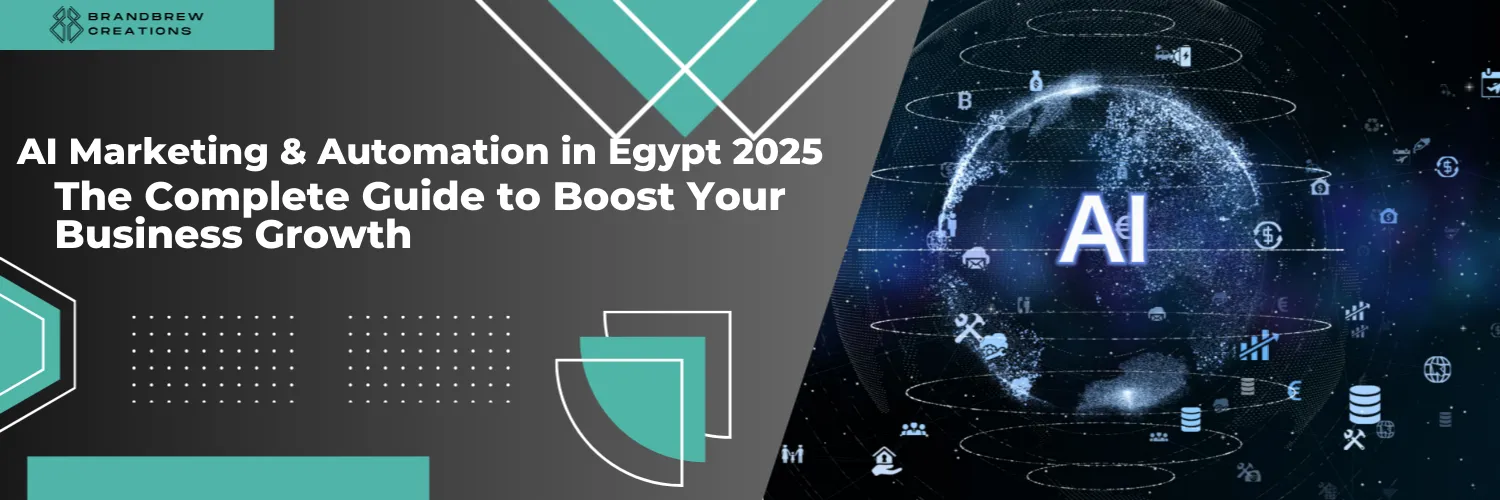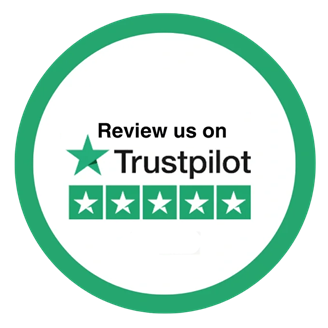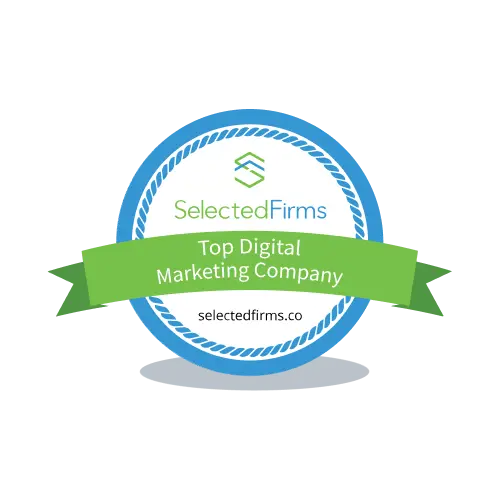Business development is the strategic process of identifying, cultivating, and securing new business opportunities to drive growth and profitability for an organization. It involves market research, relationship building, strategic planning, and sales to expand a company’s customer base, market share, or product offerings.
Key Business Development Strategies
The specific strategies employed depend on the organization’s goals, industry, and target market. Some common strategies include:
- Market Penetration: Focusing on increasing sales of existing products or services to existing customers.
- Market Development: Introducing existing products or services to new markets or customer segments.
- Product Development: Creating new products or services to cater to existing or new markets.
- Diversification: Entering new markets with new products or services.
- Strategic Partnerships: Collaborating with other companies to achieve mutual benefits.
- Mergers and Acquisitions: Combining with other businesses to expand market reach or capabilities.
Steps in the Process
- Market Research and Analysis:
- Identify target market segments
- Analyze competitors
- Understand customer needs and preferences
- Identify potential opportunities and threats
- Goal Setting:
- Define clear and measurable business development objectives
- Align goals with overall company strategy
- Lead Generation and Qualification:
- Identify potential customers or partners
- Build a pipeline of qualified leads
- Relationship Building:
- Develop strong relationships with key stakeholders
- Network and attend industry events
- Provide excellent customer service
- Proposal Development and Negotiation:
- Create compelling proposals that address customer needs
- Negotiate terms and conditions
- Closing the Deal:
- Secure new business contracts or partnerships
- Ongoing Relationship Management:
- Maintain and strengthen customer relationships
- Identify opportunities for upselling or cross-selling
Essential Business Development Skills
- Strong Communication and Interpersonal Skills: Build rapport and influence stakeholders.
- Market Analysis and Research: Understand market trends and customer needs.
- Strategic Thinking: Develop long-term growth plans.
- Sales and Negotiation: Close deals and build profitable partnerships.
- Relationship Building: Foster strong connections with clients and partners.
- Problem-Solving and Creativity: Overcome challenges and find innovative solutions.
- Project Management: Oversee business development initiatives.
The Business Development Funnel
A crucial aspect of business development is the concept of a funnel. It visualizes the journey a potential customer takes from initial awareness to becoming a paying client.
Stages of the Funnel
- Awareness: This is where potential customers first become aware of your company or product. Marketing efforts, such as content marketing, social media, and SEO, play a crucial role in driving awareness.
- Interest: Once aware, potential customers become interested in learning more about your offering. This stage involves providing valuable content, such as whitepapers, webinars, or demos.
- Consideration: At this stage, potential customers are actively considering your product or service as a solution to their problem. Lead nurturing and personalized communication are essential.
- Decision: Potential customers are ready to make a purchase decision. This is where effective sales pitches and proposals come into play.
- Action: The customer becomes a paying client.
- Retention: Focus shifts to customer satisfaction and loyalty to ensure repeat business and referrals.
Lead Generation and Qualification
A key component of business development is generating and qualifying leads. Effective lead-generation strategies include:
- Content Marketing: Creating valuable content to attract and engage potential customers.
- Social Media Marketing: Building a strong online presence and engaging with target audiences.
- Email Marketing: Nurturing leads and building relationships through targeted email campaigns.
- Networking: Building relationships with industry professionals and potential clients.
- Paid Advertising: Using platforms like Google Ads and social media advertising to reach a wider audience.
Once leads are generated, it’s essential to qualify them to determine their potential as customers. This involves assessing factors such as budget, authority, need, and timeline (often referred to as the BANT qualification framework).
The Role of Technology in Business Development
Technology plays a significant role in modern business development. Tools like CRM (Customer Relationship Management) software, marketing automation platforms, and sales enablement tools can streamline processes and improve efficiency.
Technology has revolutionized the way businesses operate, and business development is no exception. It offers a powerful toolkit to enhance efficiency, improve decision-making, and drive growth.
Key Roles of Technology
- Enhanced Efficiency:
- Automation: Automating repetitive tasks like data entry, email scheduling, and appointment setting saves time and reduces errors.
- CRM Systems: Centralized customer data provides a comprehensive view of interactions, improving follow-ups and relationship management.
- Sales Enablement Tools: Equip sales teams with the necessary resources, content, and analytics to close deals faster.
- Improved Decision Making:
- Data Analytics: Analyzing customer data, market trends, and sales performance helps identify opportunities and optimize strategies.
- Predictive Analytics: Forecasting future trends and customer behavior enables proactive business development efforts.
- AI-Powered Insights: Artificial intelligence can uncover hidden patterns and provide recommendations for growth.
- Expanded Reach:
- Digital Marketing: Leverage online channels to reach a wider audience and generate leads.
- Social Media: Build relationships with potential customers and industry influencers.
- Webinars and Virtual Events: Engage with prospects and showcase expertise.
- Strengthened Customer Relationships:
- Customer Relationship Management (CRM): Track interactions, preferences, and purchase history to personalize engagement.
- Customer Feedback Tools: Gather insights to improve products, services, and customer experience.
- Marketing Automation: Deliver targeted messages and offers based on customer behavior.
Key Technology Tools
- Customer Relationship Management (CRM) Systems: Salesforce, HubSpot, Zoho
- Marketing Automation Platforms: Marketo, Pardot, Eloqua
- Sales Enablement Tools: Highspot, Seismic, Showpad
- Data Analytics and Business Intelligence Tools: Tableau, Power BI, Google Analytics
- Social Media Management Tools: Hootsuite, Buffer, Sprout Social
Challenges and Considerations
While technology offers immense benefits, it also presents challenges:
- Data Privacy: Ensuring the protection of customer data is crucial.
- Tool Proficiency: Effective use of technology requires training and adoption.
- Overreliance: Technology should complement human interaction, not replace it.
By effectively leveraging technology, business development teams can become more agile, data-driven, and successful in achieving their goals.
Check out the services we offer here: BrandBrew Creations – services
Contact us today or send us a message via Telegram to learn more about our services and how we can help you achieve your goals







